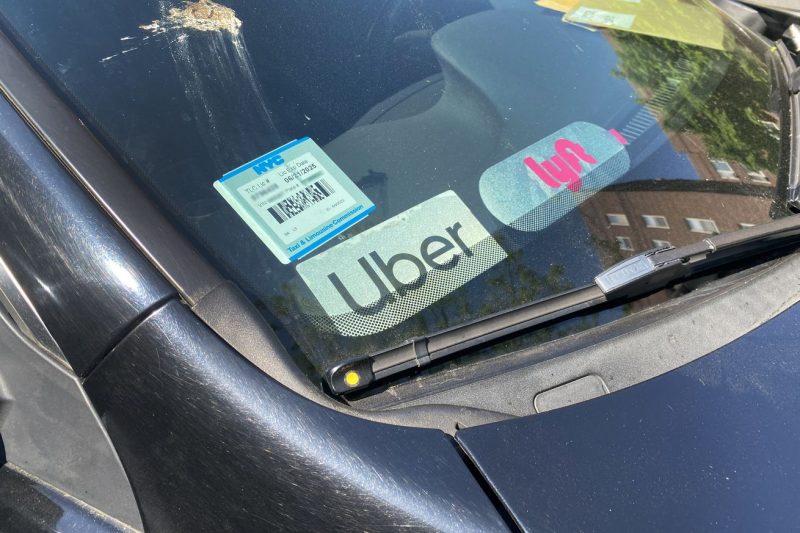
Revving Up: Massachusetts Mandates Uber and Lyft to Shell Out $32 per Hour to Rideshare Drivers
The recent decision in Massachusetts to require Uber and Lyft to pay their rideshare drivers a minimum of $32 per hour is a significant development that has sparked debates and discussions in the gig economy sector. This mandate aims to ensure that drivers receive fair compensation for their work and to address concerns about labor rights and worker protections in the rapidly growing ridesharing industry.
One of the key aspects of this requirement is the calculation methodology used to determine the hourly wage for drivers. Instead of considering only the time when drivers have passengers in their vehicles, the new regulation takes into account the entire time drivers spend working on the platform, including the time spent waiting for ride requests. This change is intended to address the issue of idle time and ensure that drivers are adequately compensated for all the time they dedicate to their work.
Uber and Lyft, as leading players in the gig economy, have been facing increasing scrutiny and legal challenges related to the classification of their drivers as independent contractors rather than employees. This classification has allowed the companies to avoid providing traditional benefits such as health insurance, paid time off, and retirement savings options. By implementing the $32 per hour minimum wage requirement, Massachusetts is taking a step towards leveling the playing field and ensuring that rideshare drivers receive compensation that reflects the value of their work.
While the mandate is seen as a positive development for rideshare drivers, there are also concerns about its potential impact on consumers. Some critics argue that the increased cost of labor for Uber and Lyft could lead to higher fares for passengers, which may in turn affect the affordability and accessibility of ridesharing services. Balancing the needs of drivers and consumers in this evolving landscape will be a key challenge for policymakers and stakeholders in the gig economy.
The Massachusetts decision is likely to have broader implications beyond the state borders, as other jurisdictions and regulators may look to this model as a potential way to address labor issues in the gig economy. The ruling could also prompt Uber, Lyft, and other platform companies to reevaluate their business models and labor practices in response to increasing pressure for fair treatment of workers.
Overall, the requirement for Uber and Lyft to pay rideshare drivers a minimum of $32 per hour in Massachusetts represents a significant milestone in the ongoing conversation about labor rights and worker protections in the gig economy. This decision underscores the importance of addressing issues of fair compensation and worker classification to ensure a more equitable and sustainable future for all participants in the evolving world of ridesharing.
